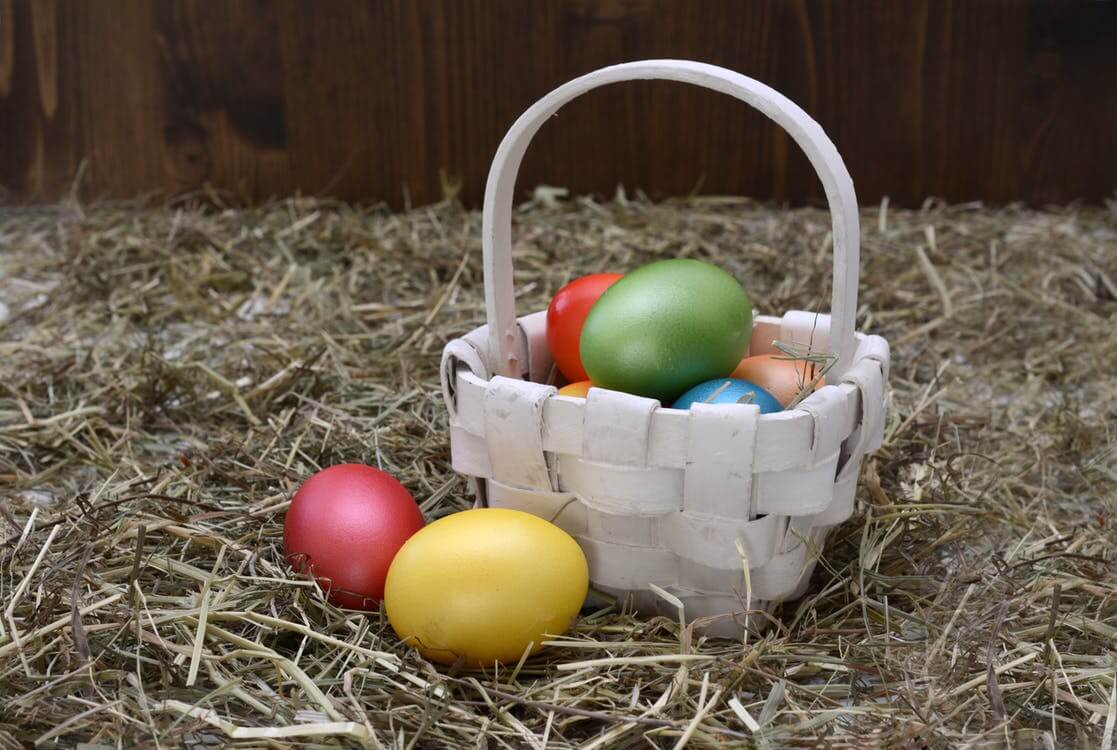Easter Safety Tips for 2021

This year, April opens with Easter weekend providing families with valuable time to relax, enjoy each other’s company, and participate in holiday fun like Easter egg hunts. With COVID-19 and social distancing guidelines still in effect, families will need to remain vigilant – but that does not mean we are not able to celebrate and observe Easter traditions.
1. Practice Food Safety
As true with any activity where food is featured, be sure to practice food safety. Every year, more than 125,000 people are hospitalized and 3,000 people die due to food-related illnesses, and Easter eggs are one of the main offenders when it comes to salmonella exposure.
Be sure any eggs that are meant for dying are cooked thoroughly and kept refrigerated after dying. You may also want to use pasteurized eggs to further reduce the risk of salmonella exposure. If you plan on consuming your boiled eggs, do so within two hours of removing them from the refrigerator.
Of course, for the safest alternative, use plastic eggs with toys and treats.
2. Be Aware of Choking Hazards
Easter egg hunts are a central part of our Easter weekend celebrations. These offer families, friends, and communities a great opportunity to enjoy the spring weather and get a bit of energy worked out before dinner.
If you do choose to host or attend an Easter egg hunt, please remember to check for any choking hazards, specifically if young children will be in attendance. This can include small toys, hard candies, jelly beans, and gum. Check that all items featured in the hunt are age-appropriate, and make sure all young children are supervised throughout the hunt and that the contents of the Easter eggs they’ve collected are checked when the hunt comes to an end.
3. Color Your Eggs with Dye that is Safe for Foods
If dying Easter eggs, only use food-grade dyes. Alternatively, you can make your own using tea, beat juice, blueberry juice, grape juice, turmeric, and other food products. Also, check every egg for cracks before dying to avoid cross-contamination.
4. Be Aware of Food Allergies
Always check your child’s candy and treats for any ingredients they may be allergic two. Eggs, dairy, peanuts, almonds, and gluten are all common ingredients in Easter treats and are also among the most common food allergens.
If you are hosting an Easter egg hunt with plastic eggs, consider labeling eggs that may contain potential food allergens.
5. Check for Environmental Hazards
Whether conducting an Easter egg hunt, grilling, or simply having friends and family over in the backyard, be sure to check for outdoor hazards that could injury or cause illness to children. These may be potentially poisonous plants, dangerous chemicals like weed killers, and tripping hazards like water hoses. Also, be sure to put away gardening tools or sharp objects, and consider removing animals from areas where children will be running and playing as a precaution.
Blog












